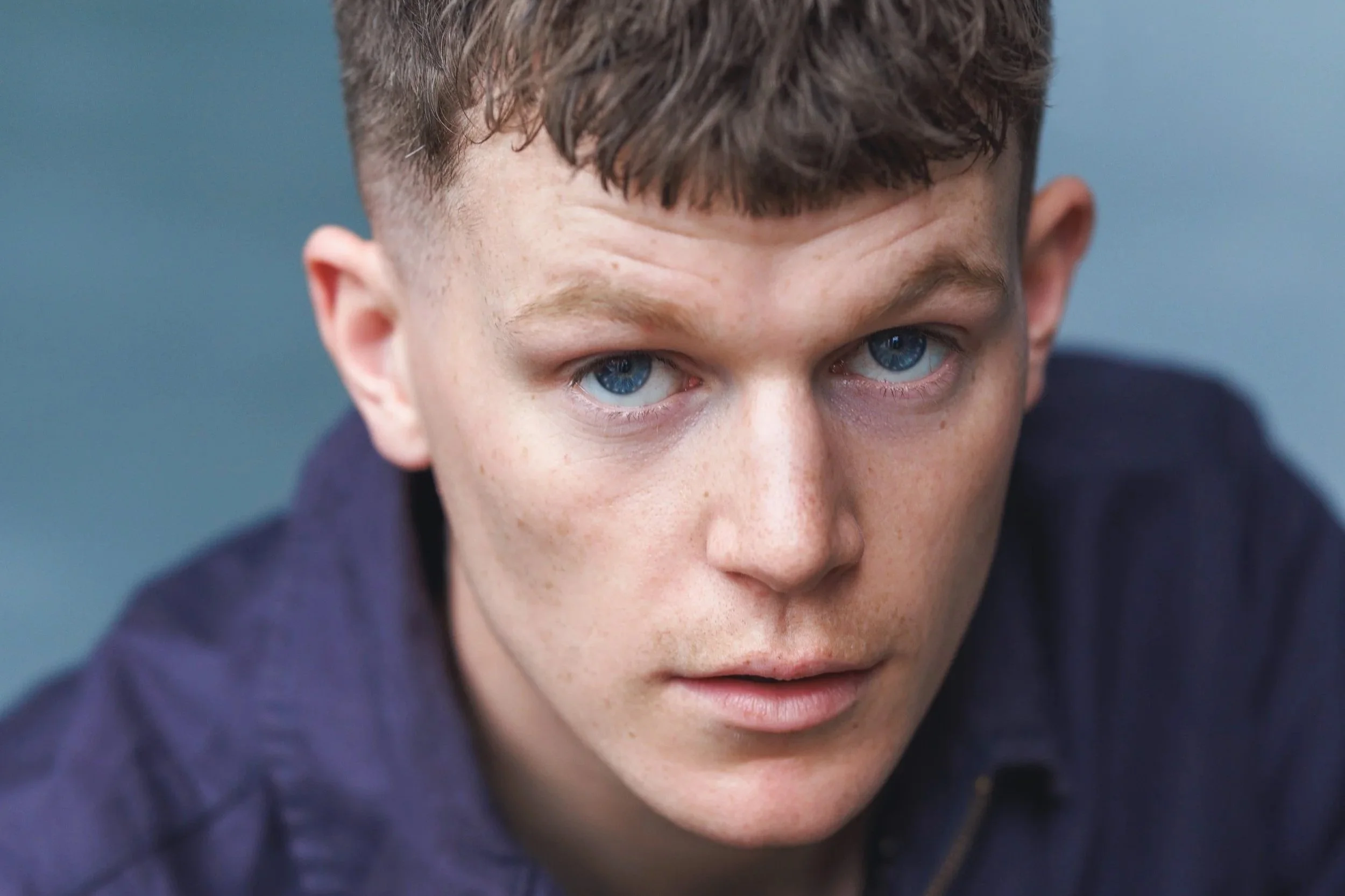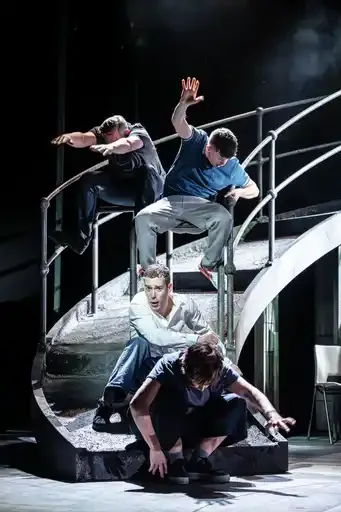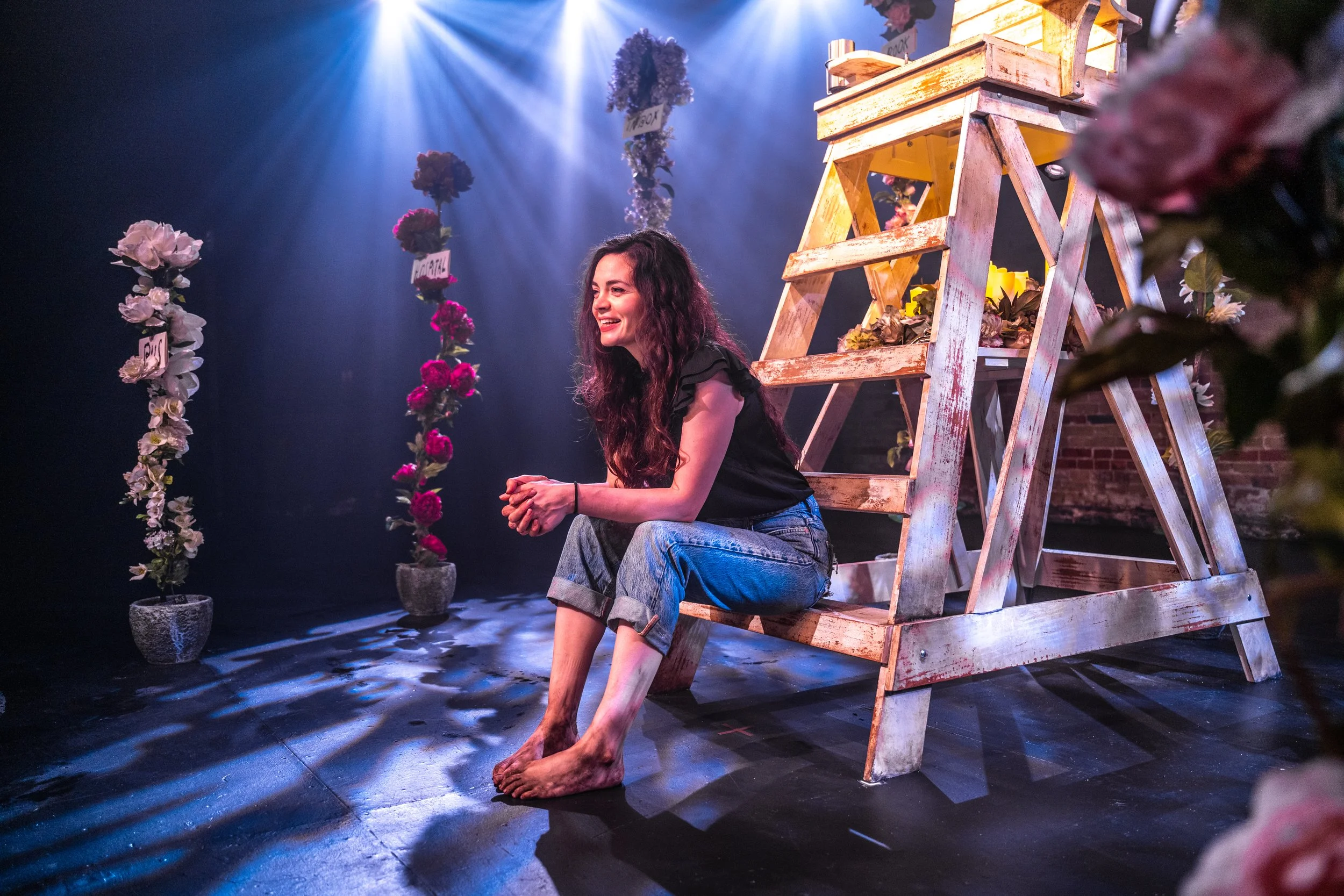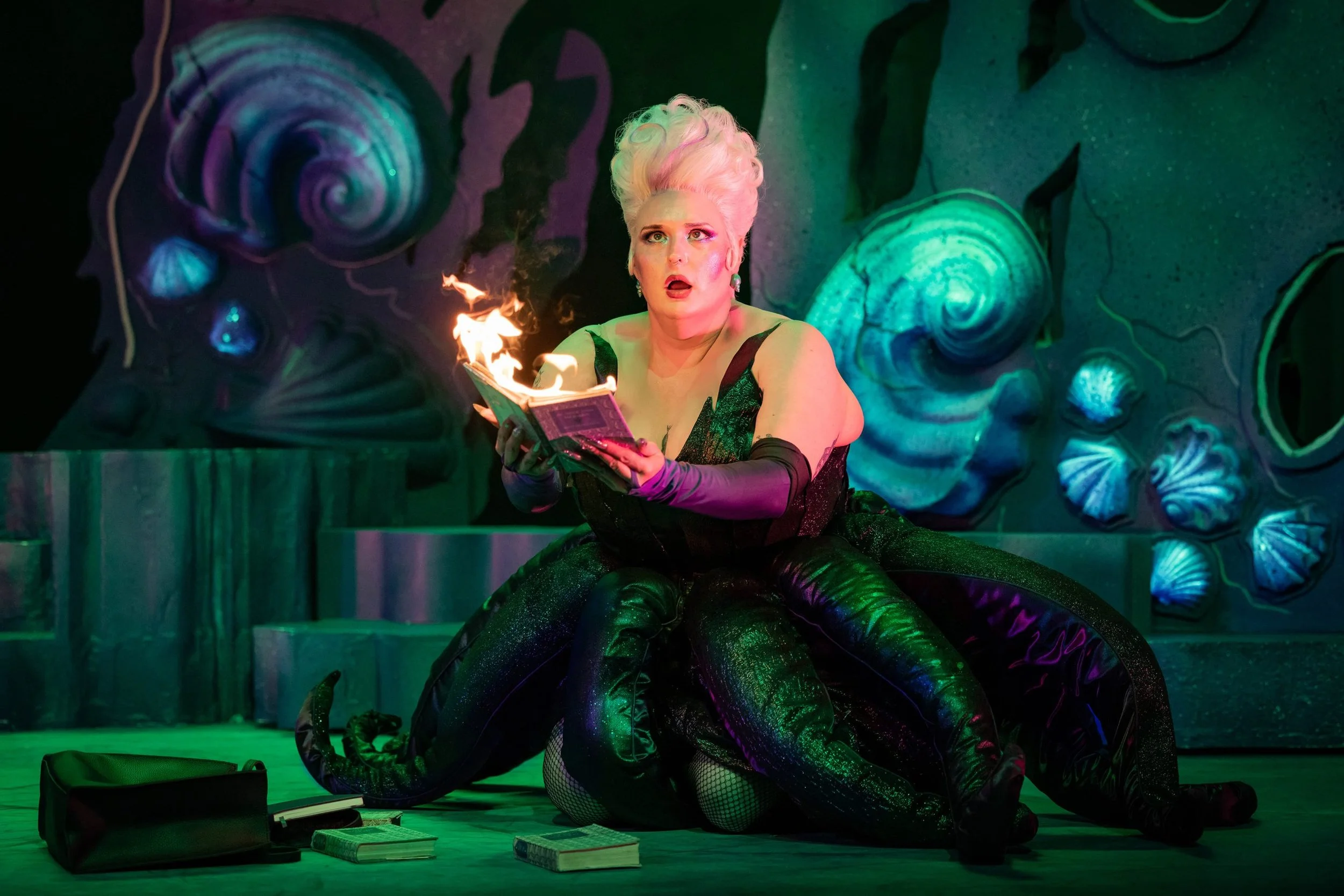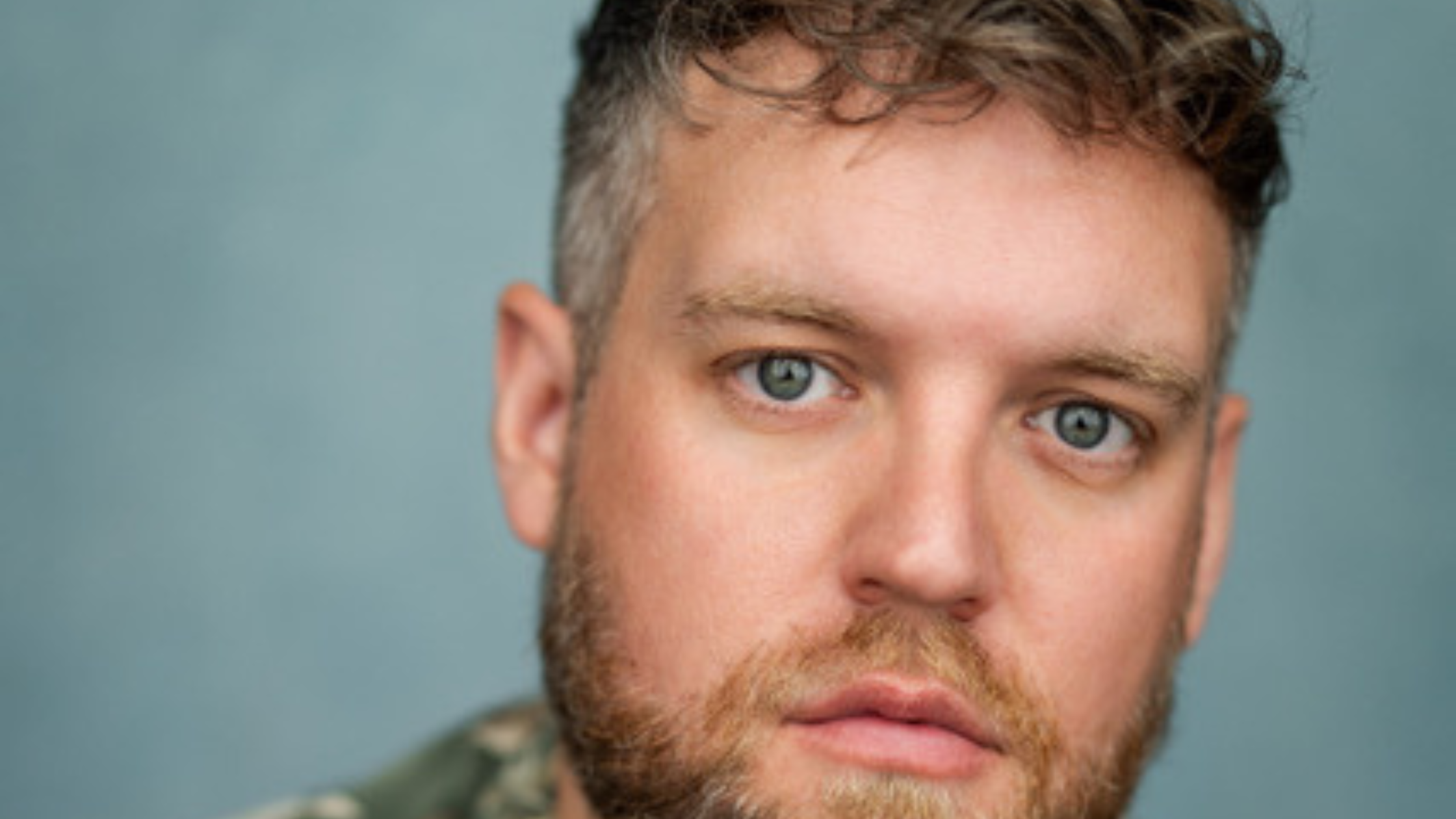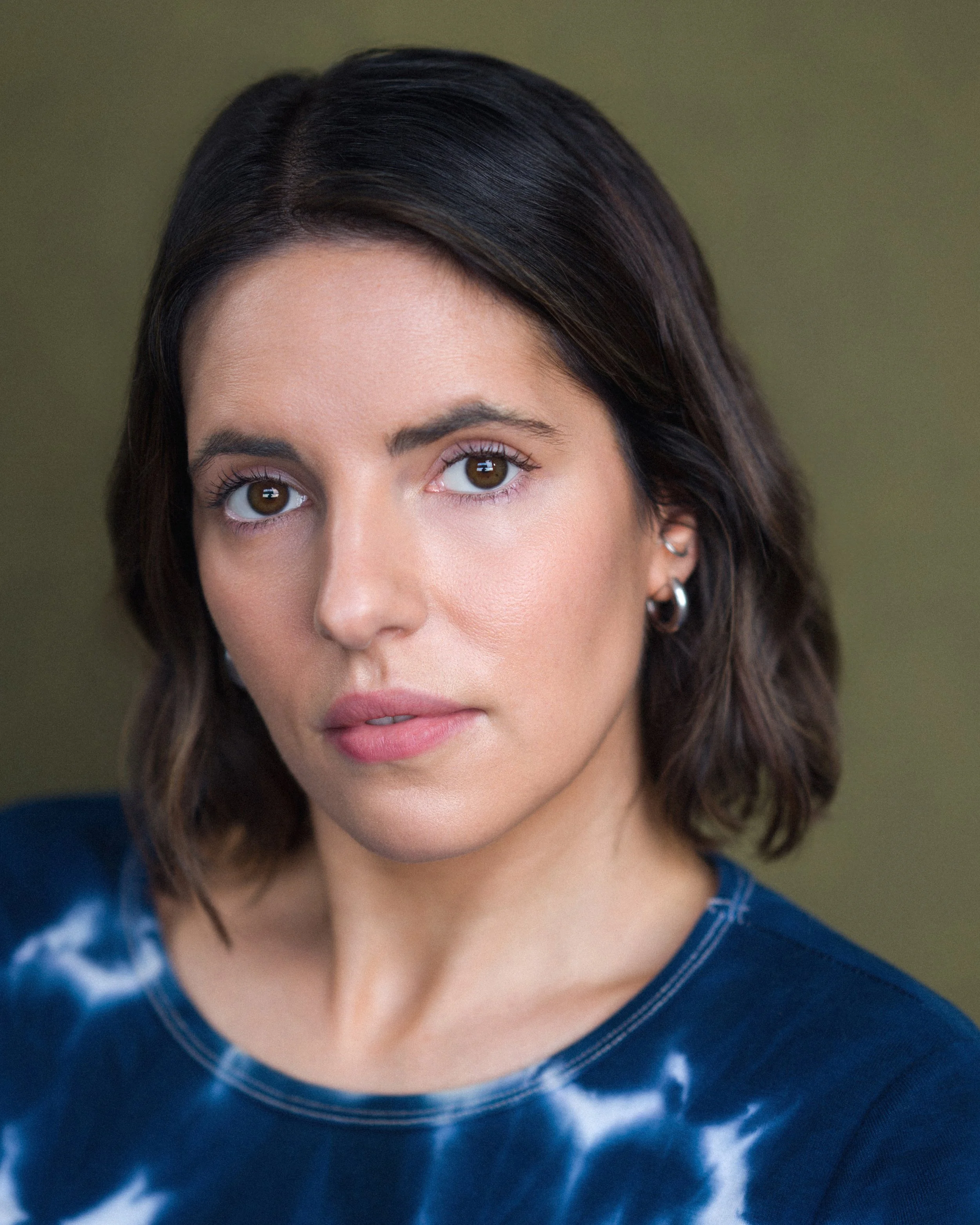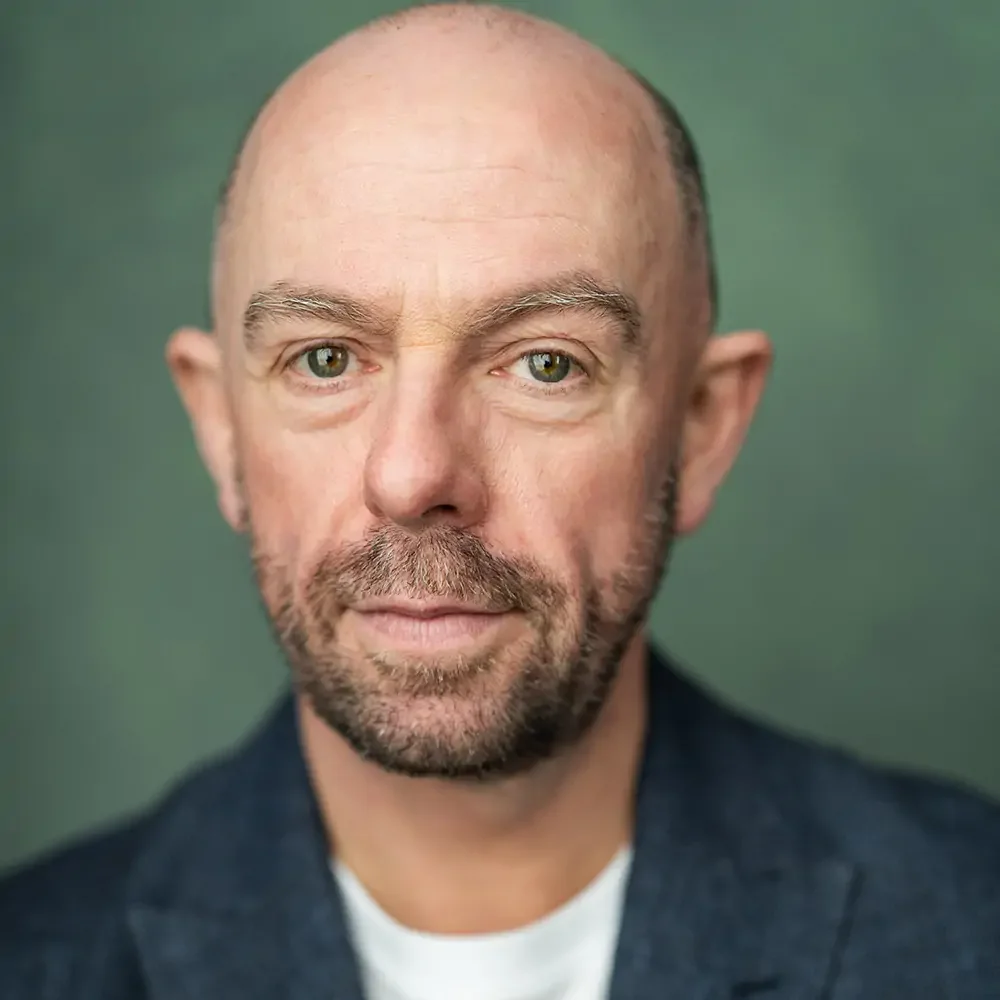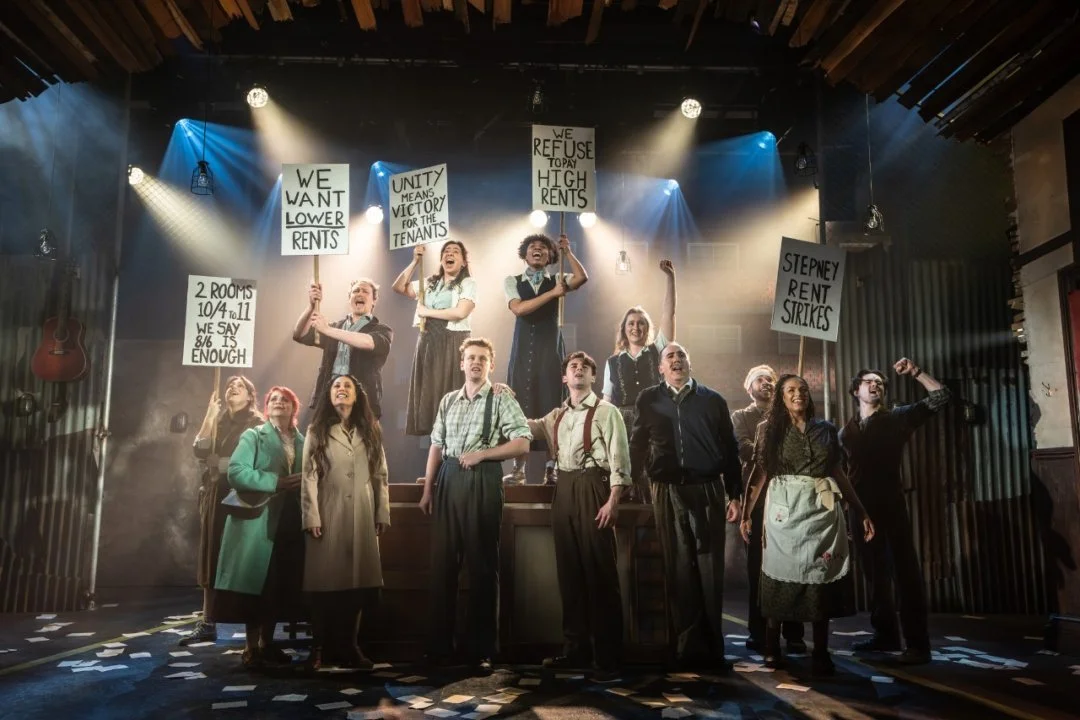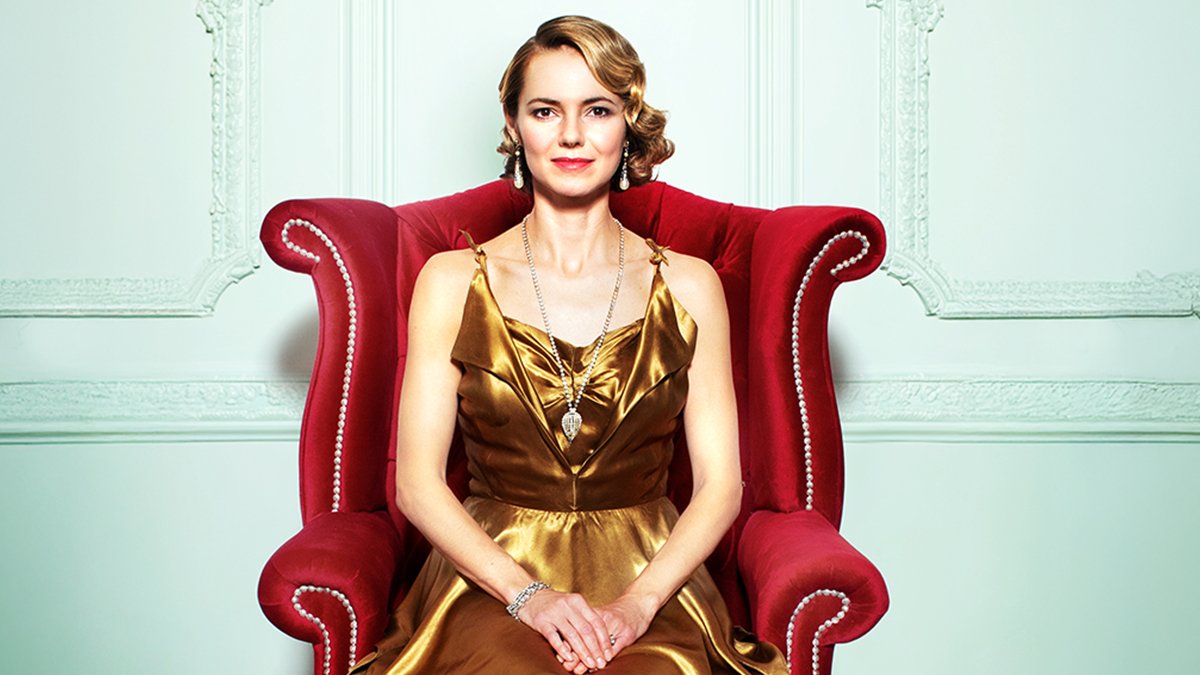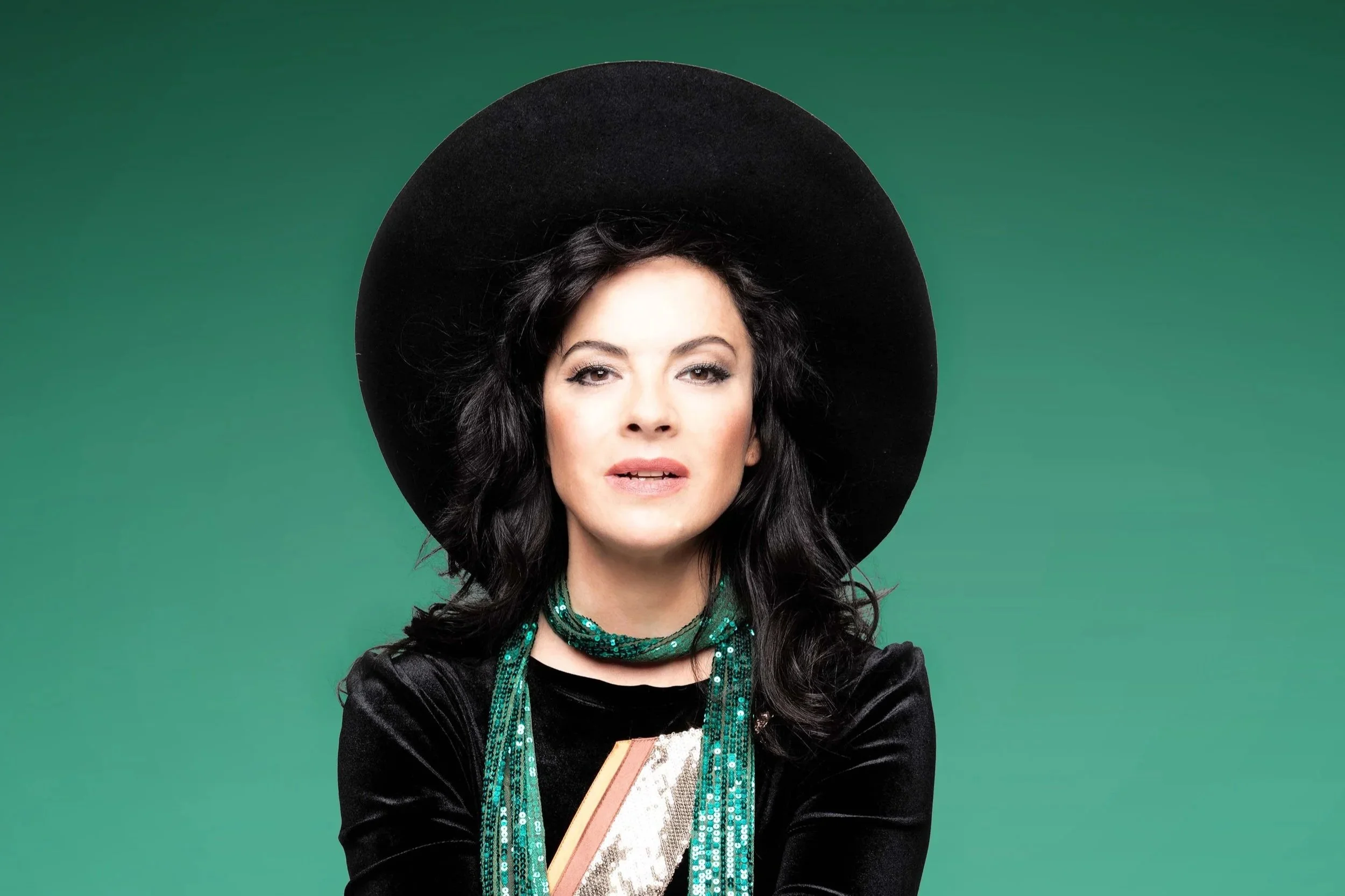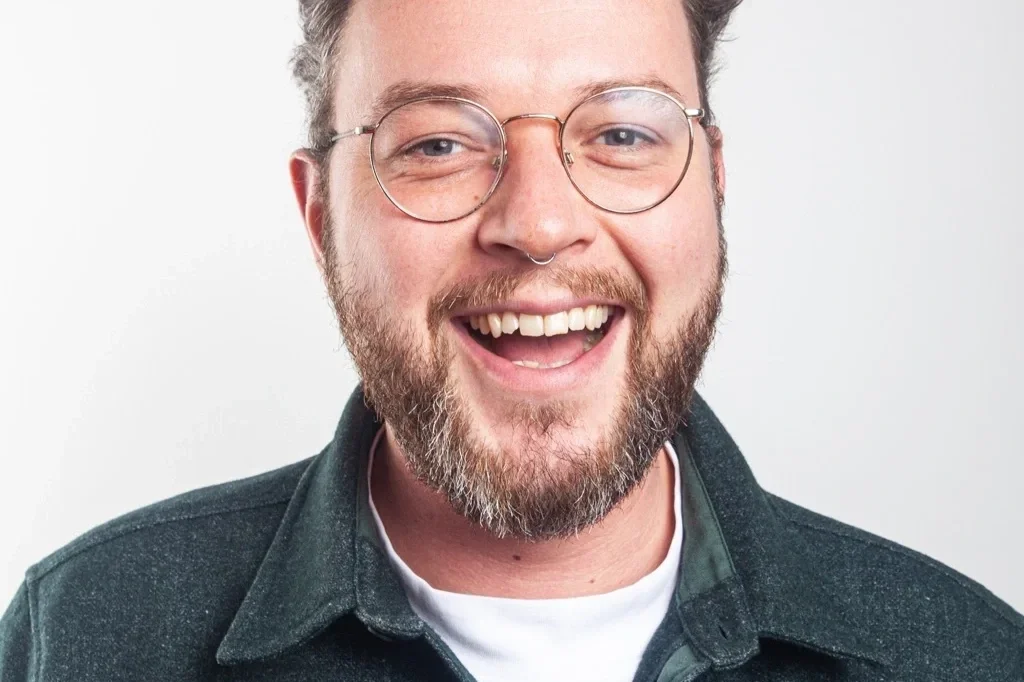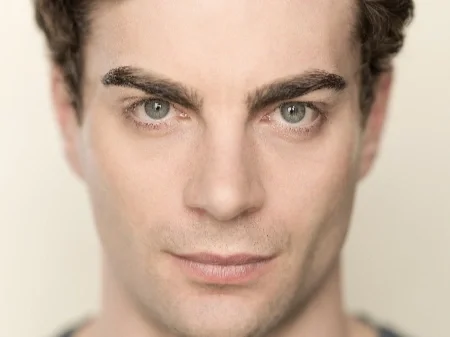Interview with Alec Boaden, Punch
Written by Emmie for Theatre and Tonic
Described by The Telegraph as ‘a state-of-the-nation masterpiece’, James Graham’s Punch is one of the most impactful pieces of theatre you can get your hands on in the West End. It shares the true but devastating story about a teenage boy who throws a single punch during a night out in Nottingham, which leads to the death of a trainee paramedic, James Hodgkinson. It leads audiences through a tale of redemption and the possibility of forgiveness.
Punch originally made its debut in Nottingham, before transferring to the Young Vic, and is now in the West End. As part of my own interests in this story, we had an amazing opportunity to chat with Alec Boaden to find out more about this play and why its fundamental to engage in a piece of theatre like this.
Can you start by telling us a little bit about your role in the play..
When I originally auditioned for the show, I went for the role of Jacob. However, due to my age and just coming out of drama school, they felt they needed someone who was able to make the more obvious shift, because the play revolves around different periods of his life. Therefore, I went for the roles of Raf, DS Villers and Sam.
Punch features a lot of real-life characters within its narrative. Have you created any of them on any influences or people in your own life to add depth?
The exciting thing about Raf is that I got to explore the sort of friends I knew and grew up with. It was great because my research wasn’t me having to read through loads of books and try to understand people on a deeper level. I could go through videos on my phone and see all of my mates messing about, or go to a Wetherspoons on a Friday night to see what it was like.
There was never any fighting involved, so that’s where I needed to have a deeper understanding and the mentality of the youth back in 2011. I needed to understand the idea of the ‘bro code’, what it’s like to have to stand up for your friends in a violent situation, and what effect it has if you don’t want to fight. Mostly because my nights out tended to end with a cheap round at a pub and then a horrible taxi home.
Then there’s Sam, Jacob’s younger brother. It’s really good to portray this character because the whole play is built up around this constant pressure. You know the audience is waiting for this moment that we’re building towards, but that’s not what Sam’s journey is in Punch. Sam’s showing the other side of ladhood, especially as a young man just discovering it. Unfortunately, he’s doing that in a world where everyone knows that his brother went to prison for killing someone. In Sam’s character, I get to unearth the softer, more emotional side and not just the assumption that everyone wants to go out and fight.
I also play DS Villers, who is our first piece of authority that we see throughout the play. He reminds us that although the Meadows is a place of being with your mates, drug dealing and fighting, and that there are repercussions and consequences to your actions. You are the backbone of the story because they are expecting to have a strong male presence in it to give some kind of order.
Punch is based on real-life events, how does this impact the creative process for you as the character but also in the responsibility of telling this story..
There’s two ways of looking at this. There’s a blueprint laid out by James Graham’s writing. But there is a certain point where we don’t follow the book and we realise we have to create a universal story, so people can walk away from watching Punch and reflect on their own life and their own decisions.
So it's always good to stick to the facts, however dramaturgically it needs it. It's almost like you have to step away from the real story and have a look at it in its own form. On the first day of rehearsals we met Jacob, who I didn’t know before doing this job.
We know we’re doing this play as a lesson and as a source of education. We’re not performing Punch to glorify or give Jacob a reason for what he did. This isn’t for him. It’s actually for Joan and David, the parents, but also every other victim and parents of victims who have gone through this.
It’s just important for us to remember it is a real story, it’s a rule book on life and how we should all be more mindful of the decisions we make.
Punch touches on some really important topics like toxic masculinity. What significance does this have in today’s climate and current conversations which have been highlighted in the media recently..
We knew our play was making a positive impact when, within a few weeks of its initial run in Nottingham, it was being mentioned at the House of Commons by someone who had seen it. It went on to be discussed in courtrooms.
It’s hard because toxic masculinity is different for everyone, and it's such a big word at the moment. For me, toxic masculinity is about your emotions and about talking to people. I was never involved in fights, but I know my friends have. Some of my friends who are from a very small town came to see Punch but weren’t emotionally available yet to receive this as a production and that’s ok.
Punch is a highly impactful play, what has the audience response been like?
A big part of doing this play has been the conversations I have had outside of the play. They want to talk to me about how Punch has impacted them. I have a special scene as Sam and I’ll never forget the time I came out and saw five big scary, biker gang looking blokes who just bawled their eyes out after seeing it. That’s what is the biggest takeaway for me is that I’m seeing grown men become emotionally connected with the piece. Punch has a fantastic domino effect, it’s not just one person, it’s not just one family.
There are so many layers to Jacob’s characters and where he’s home, where this story is set, it’s considered normal and nothing has changed. It’s what is so good about James Graham’s writing. He fits in politically driven ideas and we’ve also worked with charities like The Forgiveness Project. There are conversations every Tuesday after the performance where topics can be discussed. Our incredible producers for the West End run of Punch have decided that any profits made from the production will go towards the show being accessible to young people around the UK and beyond in the future.
Finally, why should people book tickets to see Punch?
Because it’s a serious, funny, sad play. It will make you go home and you will want to call your parents to tell them you love them! There's enough out there to go and see, and there's enough to go and give you different lessons about life. But don't be fucking annoyed when you miss it and you don't see it, because it's only going to get bigger and it's only going to going to keep moving.
Punch continues performances at the Apollo Theatre where it is currently booking to 29 November 2025.

